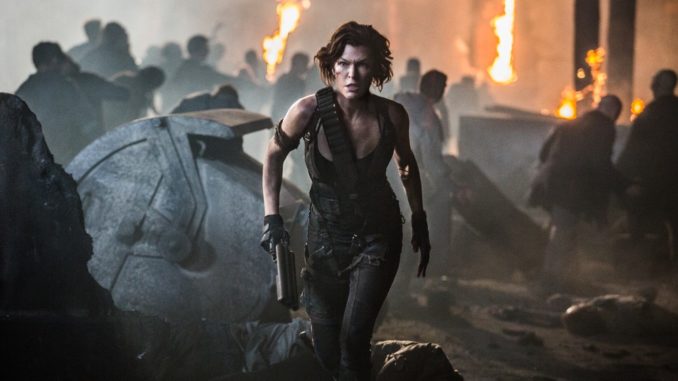
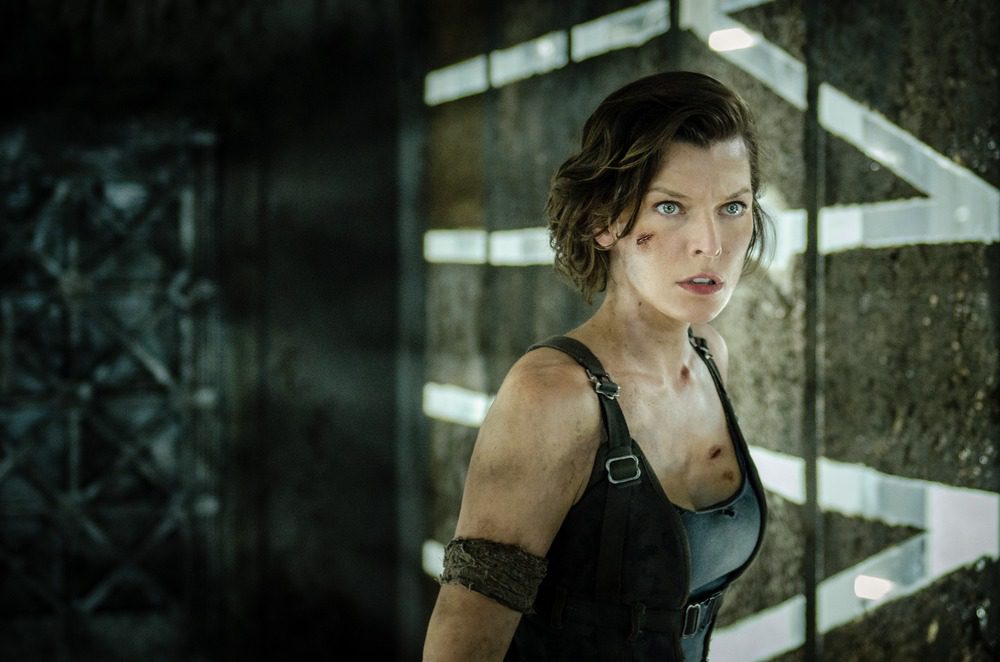
Should you watch this at weekday movie ticket prices? Okay.
Should you watch this at weekend movie ticket prices? If you like the “Resident Evil” franchise.
Score: 3.2/5
Secret ending? Yes, audio only.
Running time: 107 minutes (~1.75 hours)
“Resident Evil: The Final Chapter” is a science fiction zombie horror film that’s the sixth and supposedly final film in the “Resident Evil” franchise.
It sees Alice, heroine of the “Resident Evil” series, returning to make a final stand against the Umbrella Corporation, the creator of the zombie virus that has decimated the world. The unlikeliest of allies also promises closure for Alice, but only if she manages to save the world.
“Resident Evil: The Final Chapter” is directed and written by Paul W. S. Anderson. It stars Milla Jovovich (Alice), Ali Larter (Claire Redfield), Shawn Roberts (Albert Wesker), Ruby Rose (Abigail), Eoin Macken (Doc), William Levy (Christian), Ever Gabo Anderson (The Red Queen) and Iain Glen (Dr Isaacs). It is rated NC-16.
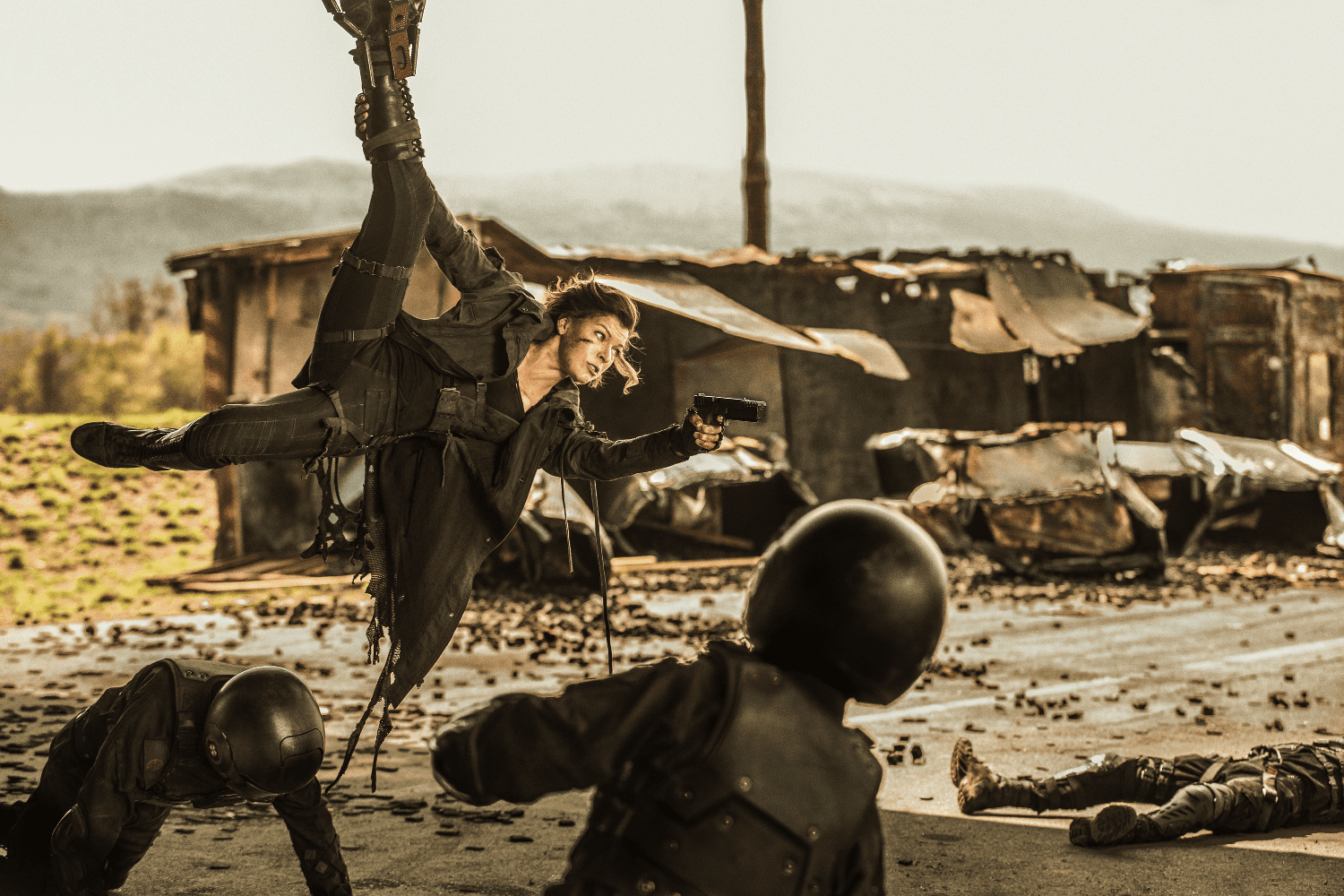
“Resident Evil: The Final Chapter” seemingly closes the chapter on the “Resident Evil” in meaningful way such that the story comes full circle. For long-time fans who’ve followed the series since its inception in 2002, there are some inconsistencies in the overall story arc, but nothing that can’t be easily ignored. It would have been more poignant if more of the recurring characters could have returned for this instalment though. For such a longstanding series, “Resident Evil: The Final Chapter” not only bookends the franchise, it’s still a pretty good film adaptation of a video game, given how many video game adaptations have tanked recently.
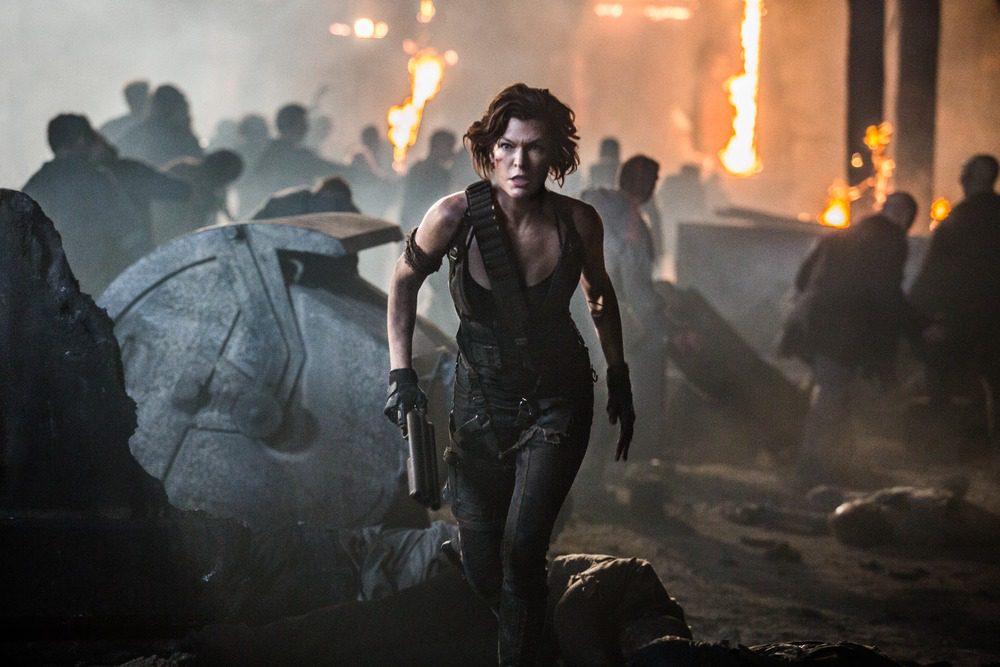
Highlights
Homages and references to previous movies
“Resident Evil: The Final Chapter” pays homage to previous films in the form of mentions and visuals. It also brings back three villains (even if different actors play them now) to oppose Alice, which gives it fitting closure to see all of their final fates. But most importantly, it brings back the infamous laser hallway scene from the first movie — only this time, we get to see how Alice fares against it.
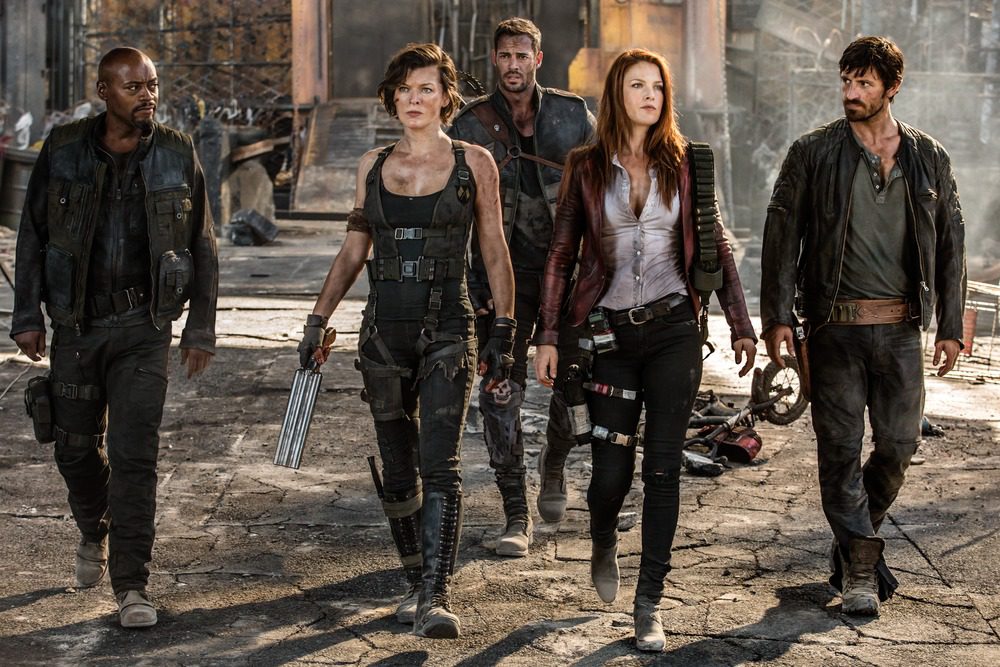
Special effects and wide shots
To give a sense of scale and remind us that the film is based on a video game, “Resident Evil: The Final Chapter” uses numerous wide shots to allow us to see the blighted landscape of the zombie-infested world. In line with its science fiction tone, we also see the sets as they would appear from the perspective of a high-tech sophisticated user interface. The actual zombies aren’t much to write home about, but the landscapes and set pieces certainly are.
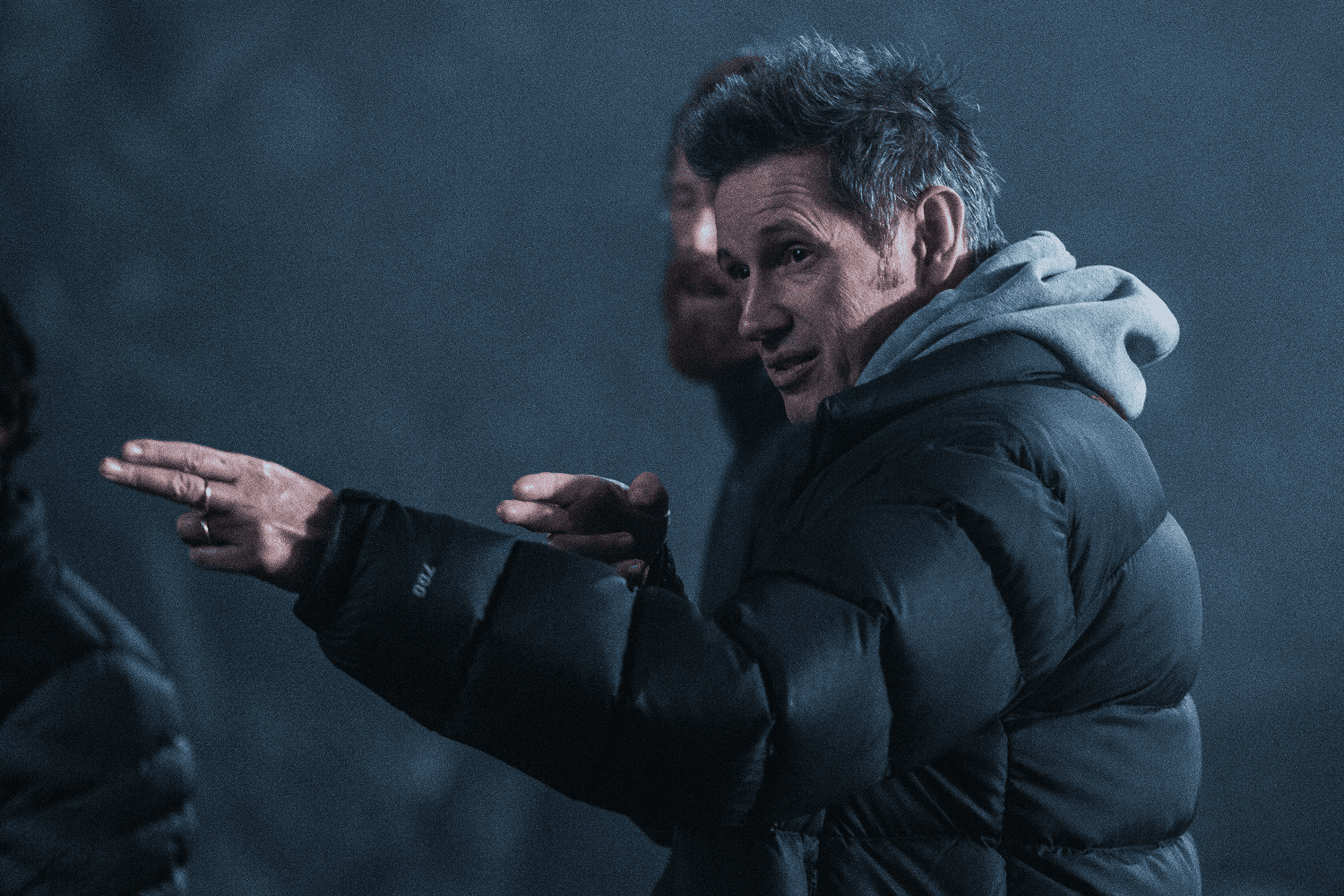
Themes of identity
“Resident Evil: The Final Chapter” has a much stronger theme than its predecessors, reinforced by the appearance of multiple clones (a plot element that’s been heavily featured in previous films) and “a trinity of” foes, as the film’s villain so eloquently puts it. It gives us the answer to a mystery from the first film that we’ve forgotten about, and truly feels like the concluding film to the series.
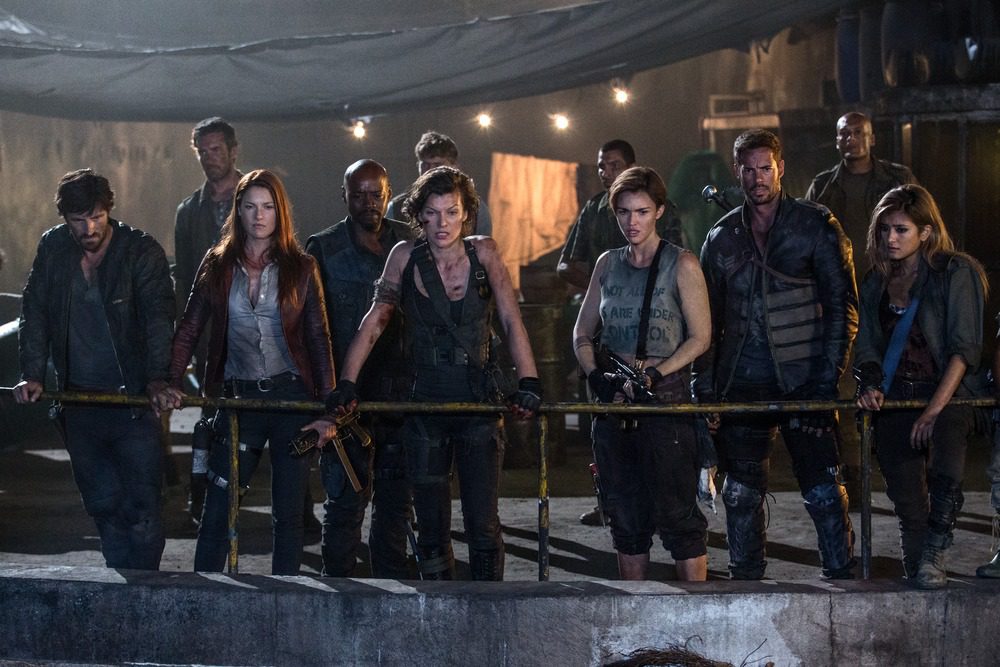
Letdowns
Inconsistent depiction of Alice’s abilities
At times, Alice seems to be virtually invincible, defeating heavily armed machinery and hordes of zombies without blinking an eye. At other times, she seems to have difficulty dealing with a single normal human who is heavily armed. Most of this is to serve the function of the plot and show Alice kicking butt, though it can leave you wondering if we should even fear for Alice if that’s the case.
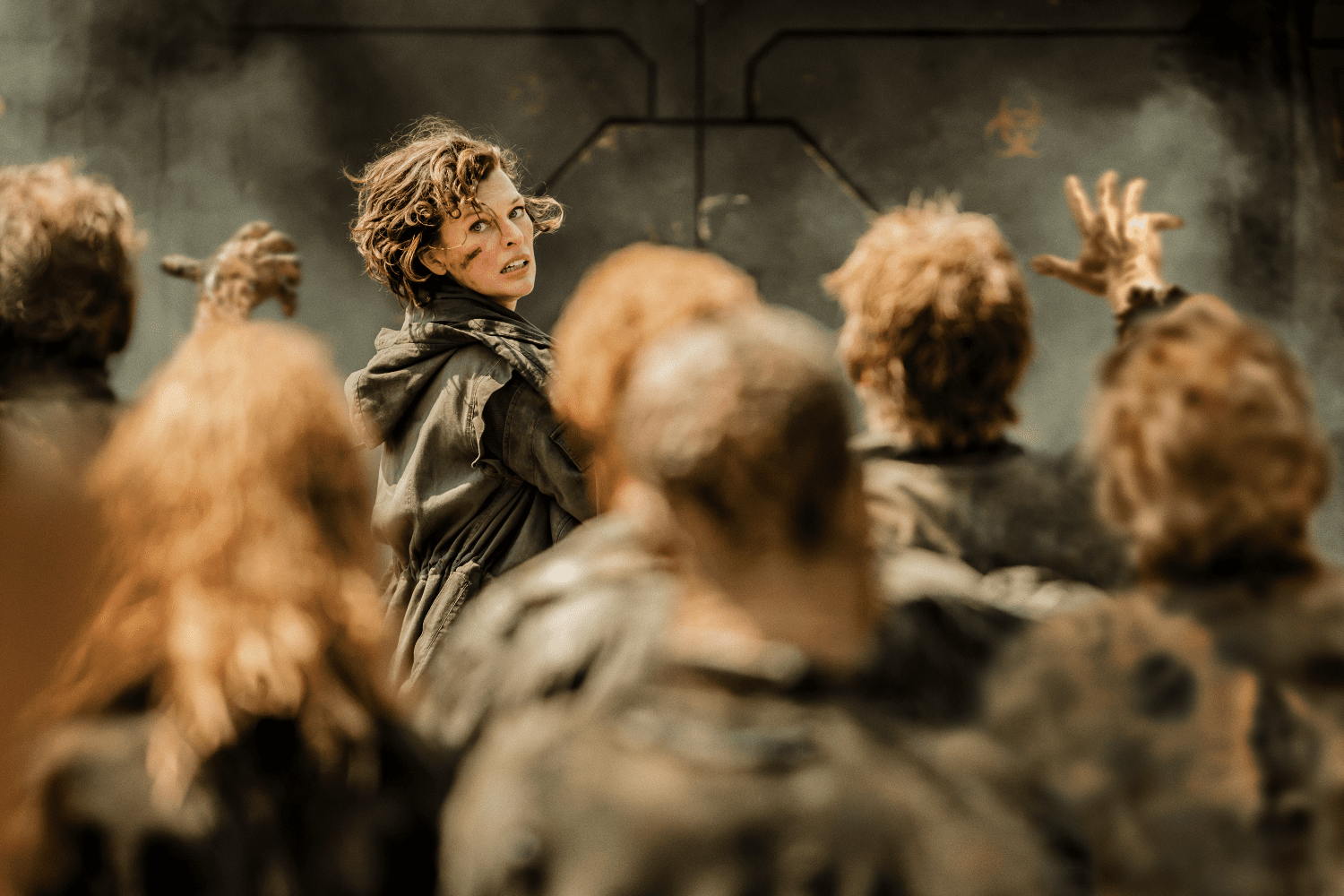
Multiple climaxes weakens the impact of the finale
Just when you think that it’s all over, another threat emerges to prevent Alice from accomplishing her objective. It happens many times towards the end of the film, and although it ties up all loose ends, it feels mechanical in its execution. It makes the finale a lot weaker and longer since it seems to drag on for a pretty long stretch.
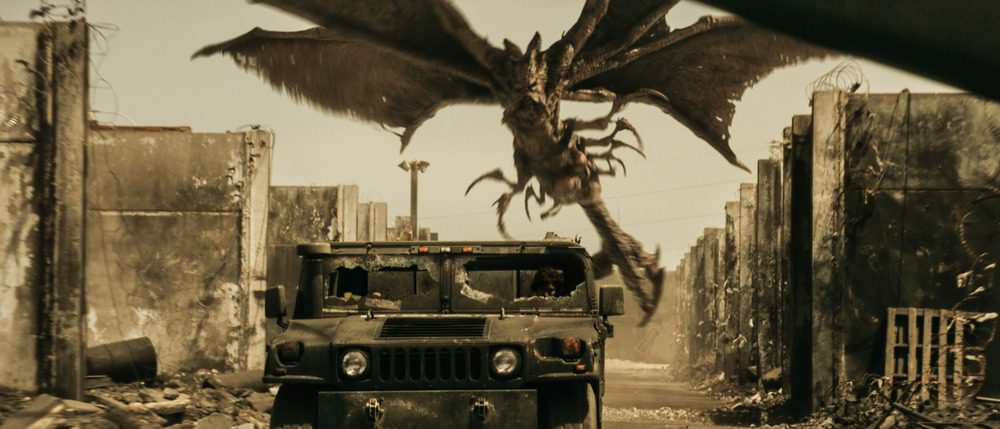
“Resident Evil: The Final Chapter” gives closure to the “Resident Evil” franchise.
“Resident Evil: The Final Chapter” opens in cinemas:
– 2 February, 2017 (Singapore)
– 26 January, 2017 (Malaysia)
– 1 February, 2017 (Philippines)
This article was also published on Yahoo!.
Marcus Goh is a Singapore television scriptwriter. He’s also a Transformers enthusiast and avid pop culture scholar. He Tweets/Instagrams at Optimarcus and writes at marcusgohmarcusgoh.com.
If you liked the article, follow me on Facebook and Twitter for more (presumably) good updates!
To get in touch with me, send an email!
Leave a Reply